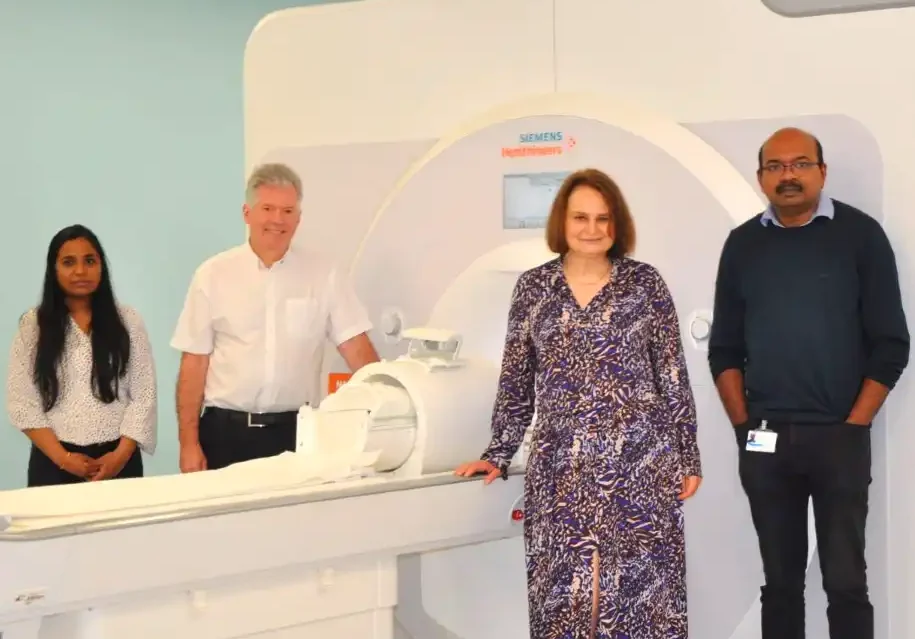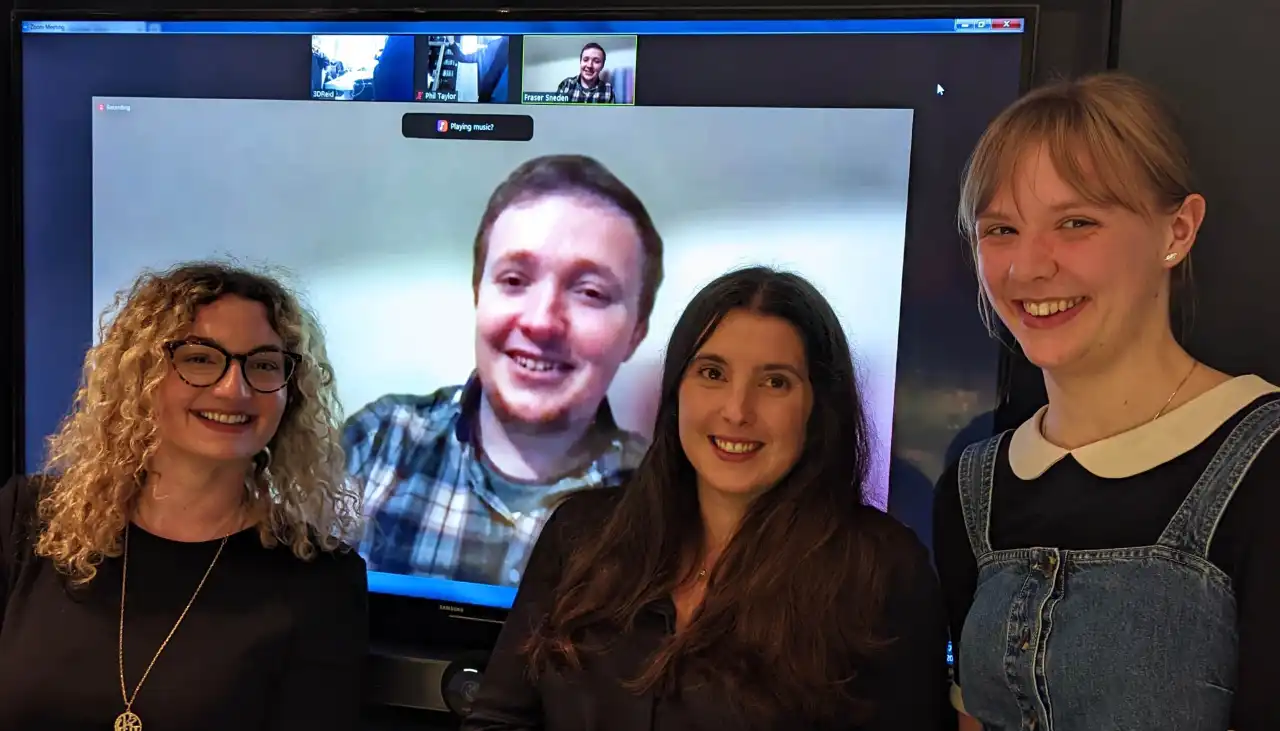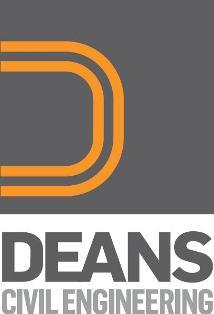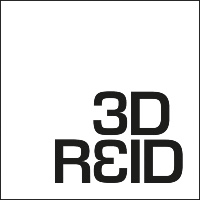Another successful student funded
The latest student to complete a research project partly funded by the Neurosciences Foundation says it couldn’t have been done without the foundation’s support. And she says it points the way to potentially new treatments for the most common and most lethal adult brain cancer, glioblastoma. Ellen Poot, a PhD student at the University of Edinburgh’s School of Chemistry, was looking into the possibility of delivering anti-cancer drugs to brain tumours by means of microparticles designed to activate immune cells within the cancer itself.
In our initial work, the fact that we were able to test either of these two drugs was entirely to do with the funding that we received from The Neurosciences Foundation.
Ellen PootPhD student
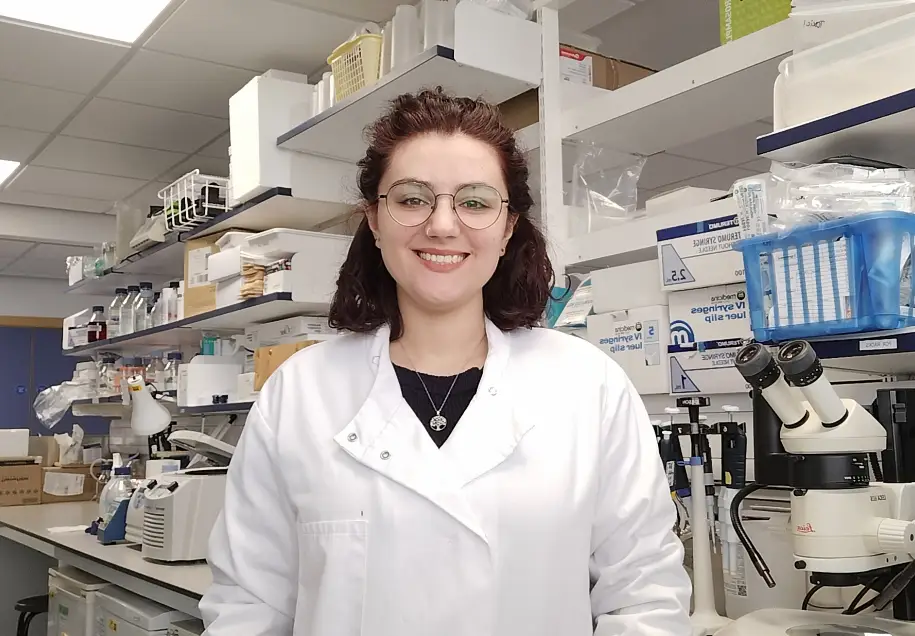
1. Glioblastoma (a type of brain cancer)
We are working with Brain Research UK and this has led to a successful application for a Studentship in Glioblastoma at the University of Dundee and we are supporting work at the University of Edinburgh.
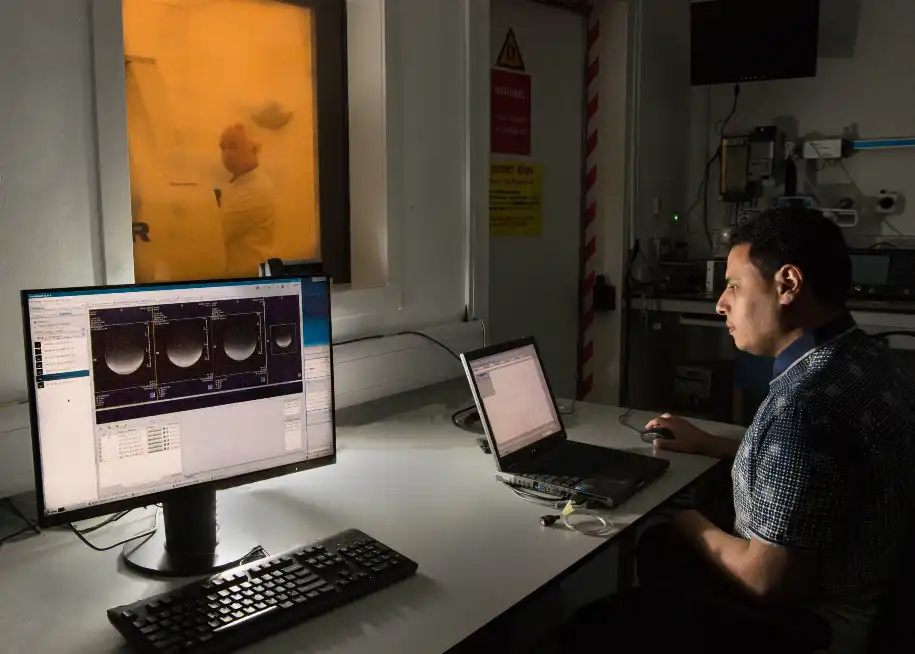
3. Prevention of stroke
Along with TENOVUS Scotland we are supporting work at the University of Strathclyde into possible ways of reducing the likelihood of bleeds in the brain – known as hemorrhagic stroke.
It is a well known fact that new medical treatments take a long time to be evaluated for use on patients and trials can be hugely expensive. For researchers to get major funding, they need to do preliminary work to convince reviewers and this is where we come in by providing early stage grants of around £10,000.
Professor Dave Wyper
Our vision is to have the researchers that we have supported go on to secure larger grants for further projects based on the early-stage projects which we have helped to fund.
We welcome early approaches by researchers who might want to seek funding from The Neurosciences Foundation.
Watch some of our researchers speaking about how our funding helped their research projects into neurological conditions.
In order to fund research projects we raise money from charitable trusts, fundraising, and individual donations.


